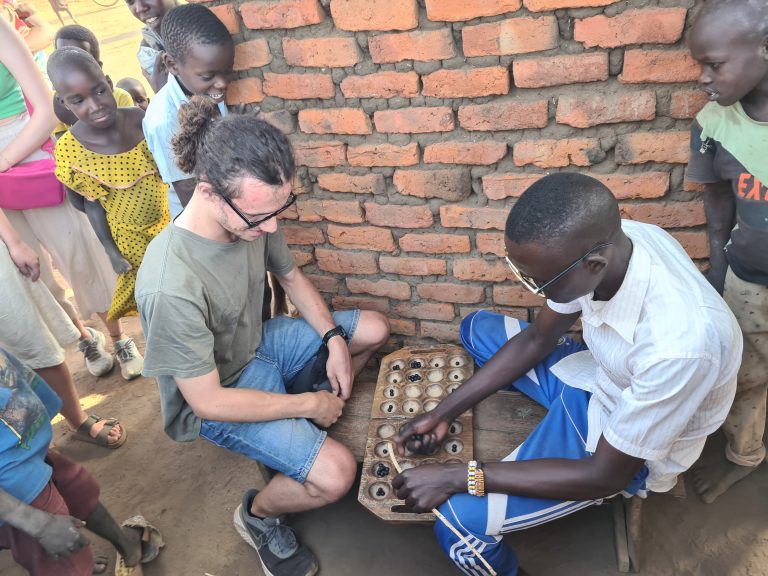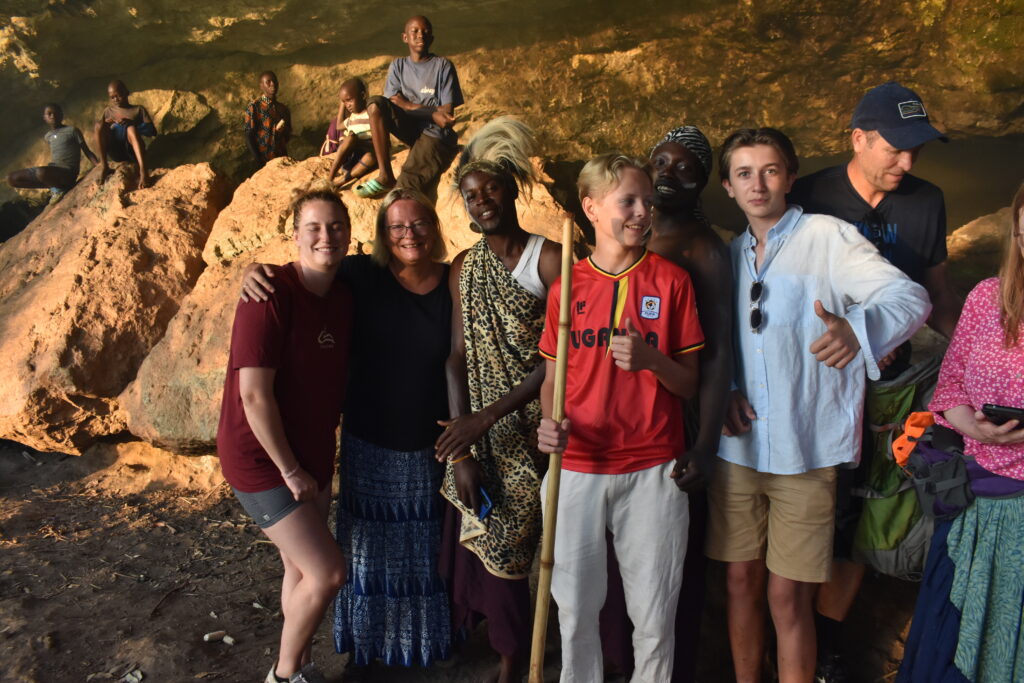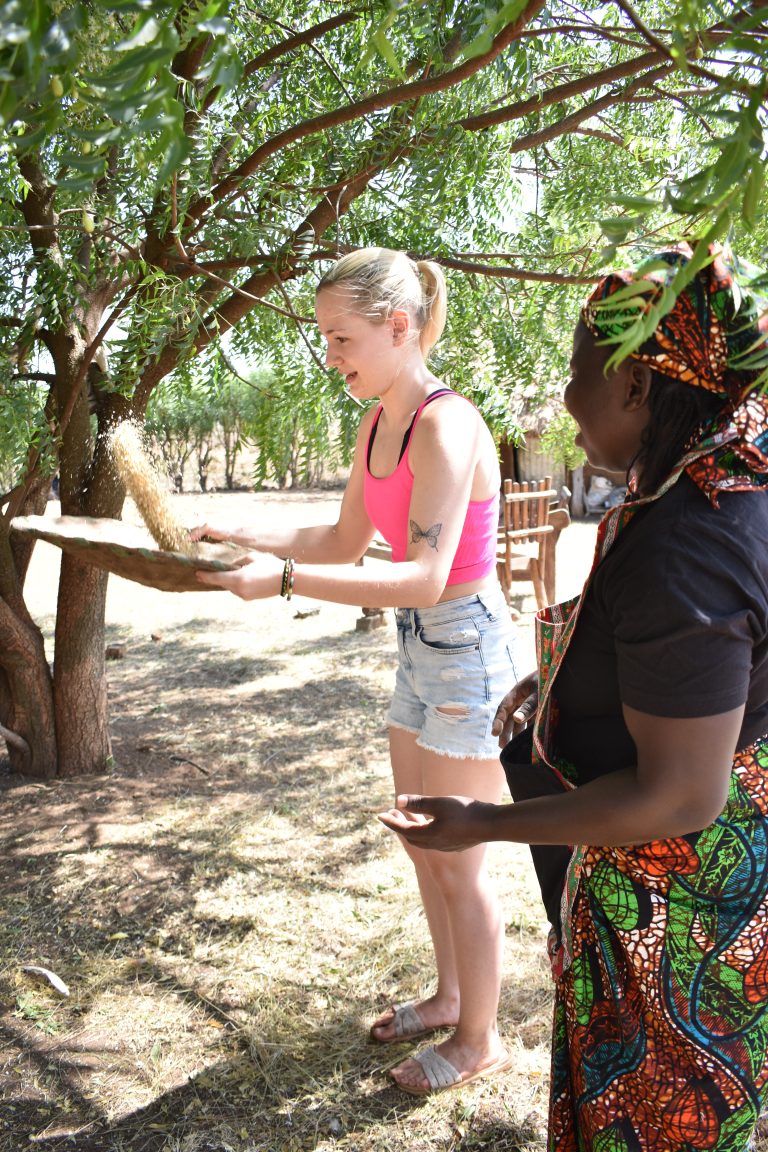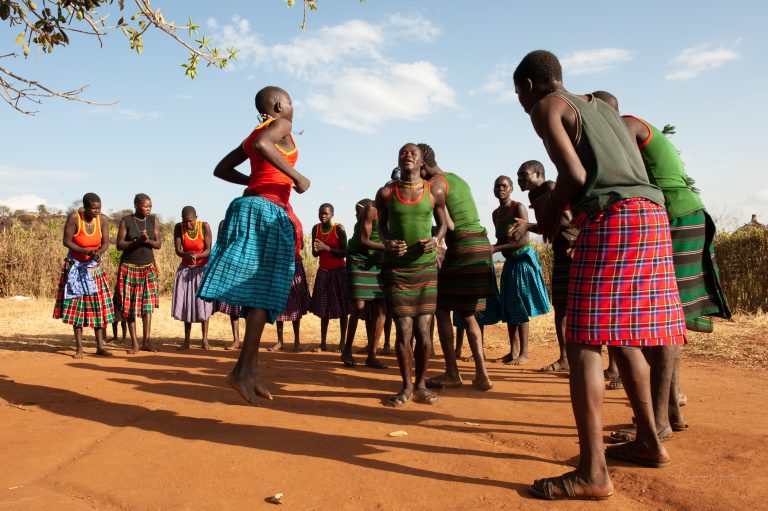When travelers dream of Uganda, images of gorilla trekking, vast savannahs, and lush forests often come to mind. But there’s another side to the Pearl of Africa that’s just as rewarding to explore: its vibrant communities. Community tourism is not only a path to authentic travel experiences, but also a key to promoting responsible tourism practices that benefit local people and protect Uganda’s cultural and natural heritage.
What is Community Tourism?
Community tourism invites travelers to engage directly with local communities — to experience their ways of life, traditions, and landscapes, often guided by the people who live there. In Uganda, this might mean staying in a village homestay near Sipi Falls, learning how to weave baskets with artisans in Kigezi, or joining a traditional dance workshop in Karamoja. The goal is mutual benefit: visitors enjoy meaningful experiences, while communities earn income and maintain control over how their culture is shared.

Why Choose Community Tourism in Uganda?
1. Empowering Local Communities
Community tourism creates jobs and stimulates local economies. In rural Uganda, opportunities in mainstream tourism are often limited. Community-run lodges, guiding cooperatives, and craft initiatives allow income to stay in the community, funding schools, healthcare, and conservation projects. When you visit a community enterprise, your money directly supports these efforts.
2. Preserving Cultural Heritage
Uganda’s diversity is incredible — with over 50 ethnic groups, each with unique languages, music, dances, and traditions. Through community tourism, local groups can proudly preserve and showcase their heritage on their own terms, ensuring that culture remains a living, evolving part of daily life rather than just a museum display.
3. Promoting Conservation
Many community tourism initiatives in Uganda are closely tied to conservation. In areas like Bwindi and Queen Elizabeth National Parks, communities offer nature walks, birdwatching tours, and cultural experiences that reduce pressure on wildlife while providing alternative livelihoods. Responsible tourism helps create a stronger link between community well-being and the health of natural ecosystems.

How to Travel Responsibly
If you’re planning to explore Uganda through community tourism, here are a few tips to ensure your visit is truly responsible:
Choose community-owned initiatives where locals have decision-making power and the majority of the profits.
Respect local customs and traditions. Dress modestly, ask before taking photos, and listen more than you speak.
Be mindful of your impact. Support eco-friendly accommodations and avoid contributing to practices that exploit wildlife or people.
Stay longer. A rushed visit offers little benefit to you or the community. Taking time allows for deeper connections and a better understanding of the place.
Inspiring Examples in Uganda
Ride 4 a Woman near Bwindi supports women through hospitality, crafts, and community programs, offering visitors a chance to stay at their guesthouse and experience local life.
Alakara Travels specializes in authentic community-based experiences, with a strong focus on northeastern Uganda and close collaboration with local communities.
Home of Friends Guest House in Kapchorwa, near Mount Elgon, offers community tours, cultural experiences, hiking, and the opportunity to explore and discover new attractions in the area.
Kara-Tunga Tours in Karamoja partners with local communities to provide cultural tours, hikes, and bike trips, with a strong focus on empowering local youth.
The Batwa Cultural Experience near Bwindi offers insights into the traditional forest life of the Batwa people, presented in a respectful, community-led setting.

Final Thoughts
Responsible travel isn’t just about where you go — it’s about how you travel. By choosing community tourism in Uganda, you open the door to genuine, human-centered experiences while playing a vital role in supporting livelihoods, conserving environments, and preserving cultures. In return, you gain a richer, more meaningful journey — one that lingers long after you’ve left.
When you travel responsibly, you become part of a bigger story: a story of connection, respect, and shared growth. And in Uganda, that story is vibrant, welcoming, and ready for you to be a part of it.



